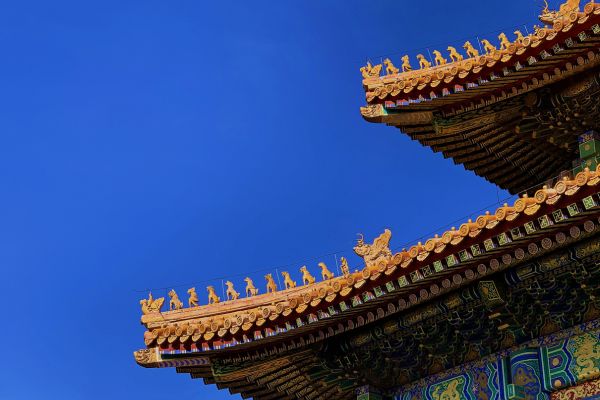
According to the Decision, from 1 Jan. 2025, China will take 15 years to gradually raise the statutory retirement age for male employees from 60 to 63, while the statutory retirement age for female employees from 50 and 55 to 55 and 58, respectively.
This Decision consists of the main text, the “Measures of the State Council on Gradually Raising the Statutory Retirement Age” (国务院关于渐进式延迟法定退休年龄的办法), and four appendices, which form a comprehensive document issued by the Standing Committee of the NPC on relevant legal issues and is legally effective. The Decision shall come into effect on 1 Jan. 2025.
This marks the first adjustment to the statutory retirement age in more than 70 years since it was first set in the 1950s.
Contributors: CJO Staff Contributors Team









